Progress and New Struggles: The Sixteenth Party Congress
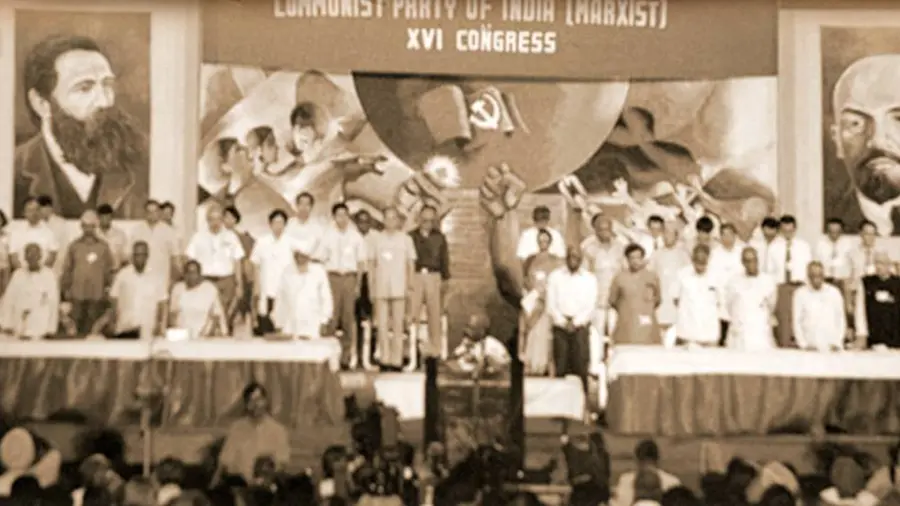
Research Desk
Published on Mar 28, 2025, 03:49 PM | 2 min read
The Sixteenth Party Congress of the Communist Party of India (Marxist) was held in Kolkata from October 5 to 11, 1998, at a time when India's governance had come under the control of the Bharatiya Janata Party (BJP). The political resolution presented by Harkishan Singh Surjeet offered a comprehensive analysis of both international and national situations. The resolution's discussion on international affairs particularly focused on globalization, IMF, World Bank, NATO and related subjects.
In evaluating the national context, the resolution examined the new circumstances created by the BJP-led central government. It highlighted the negative effects of liberalization, the struggles for alternative economic policies, the growing threat of communalism, the defense of minority rights, the fight against caste oppression, tribal rights, and the strengthening of Left unity.
The organizational report was divided into three sections: international, national, and organizational. It addressed global issues such as the economic crisis, the Russian crisis, the contradictions between imperialism and capitalism, the expansion of American imperialism, and the non-aligned movement, among other matters.
At the national level, the report analyzed the implementation of policies post-Fifteenth Party Congress, the 1996 general elections, the formation of the United Front, the participation of minority groups in government, the tenure of the United Front government, issues related to Ayodhya, strategies and outcomes of the 1998 elections, the United Front experiment, the concept of a united front, demands from coalition partners, the appropriate strategy for a united front, raising the alternative political vision, the situation under the BJP-led government, the approach to an alternative government, nuclear pressures, growing insecurity, tendencies toward authoritarianism, the formation of new states, corruption, economic policies, emerging movements, the Women’s Reservation Bill, the Tribal Land Law in Tripura and Kerala, and the reform of the party program.
The Congress elected a 66-member Central Committee, with Harkishan Singh Surjeet re-elected as General Secretary, along with a 13-member Politburo.




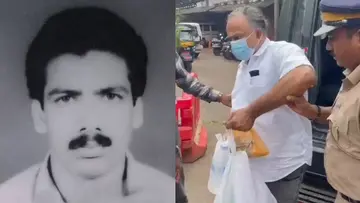
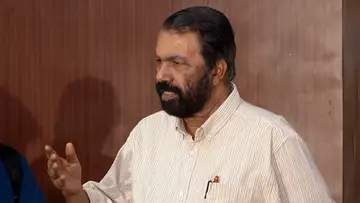
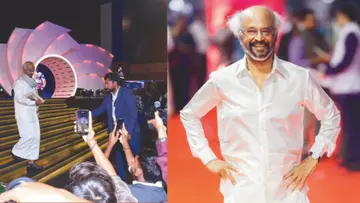
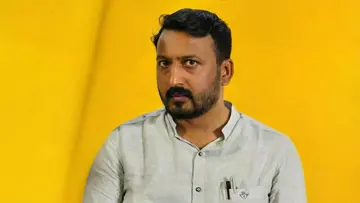
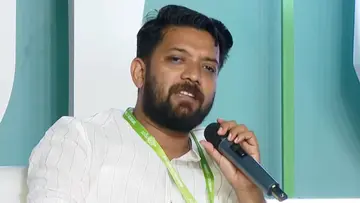

0 comments